British SAS killings in Afghanistan under investigation
Following a damning inquiry into Australia’s SAS in Afghanistan, their British counterparts now face a probe with striking similarities.
Abdul Aziz Uzbakzai had just sat down for dinner in the courtyard of his village home in Afghanistan on a warm night in August 2012 alongside his wife, four of their five children and two grandchildren.
It would be the last meal they would share together.
The story of what happened next sits at the heart of a British Government ordered inquiry into British Special Forces that was ordered in December last year and began this year into at least 54 summary killings in Afghanistan.
There are striking similarities between this inquiry and Australia’s own Brereton inquiry into its Special Forces, not least of all the reputational damage to the country’s most revered soldiers regardless of outcomes.
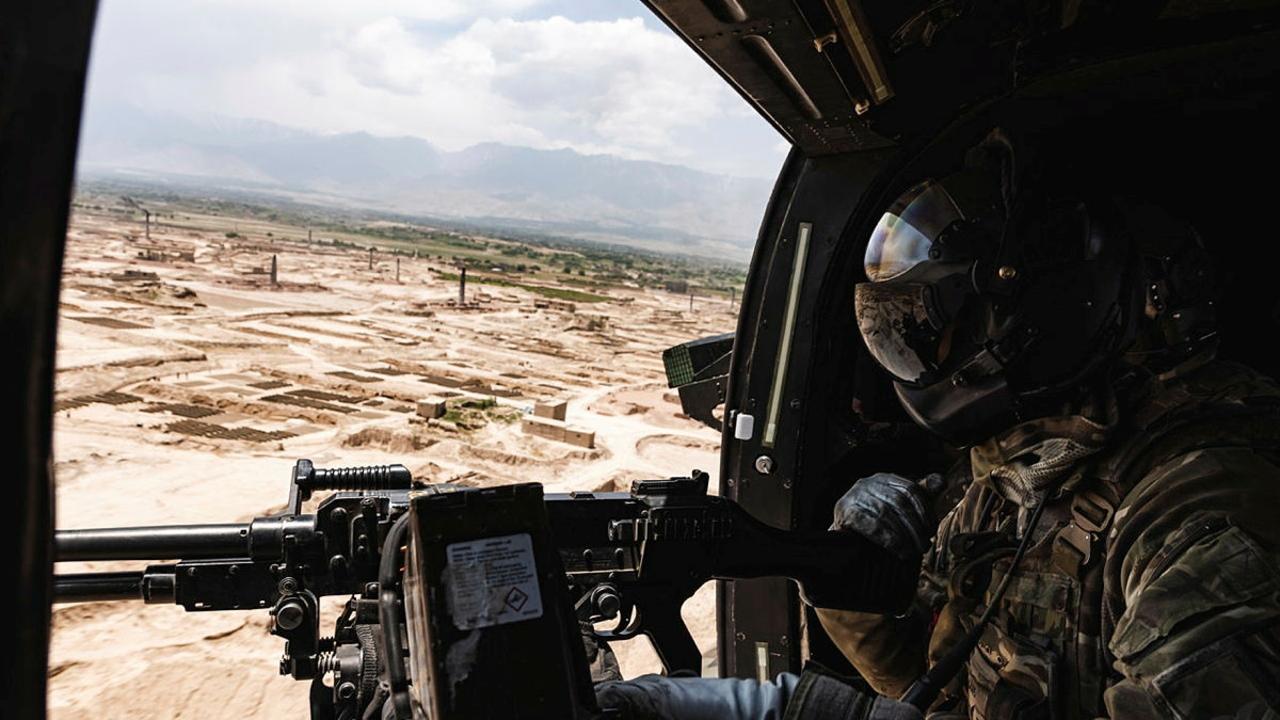
The British, like Australia are not necessarily looking at deaths in the heat of battle but tactics and operations that are suspected to have led to prisoners, innocent civilians and others killed either by accident or design. But it’s not all clear cut.
There is also one critical difference, unlike Australia’s Brereton report concluding commanders bore only moral rather than legal responsibility, the British probe is looking at claims of active interference and cover ups through the chain of command and perhaps equally as concerning even by some tasked with carriage of initially investigating the war crimes claims.
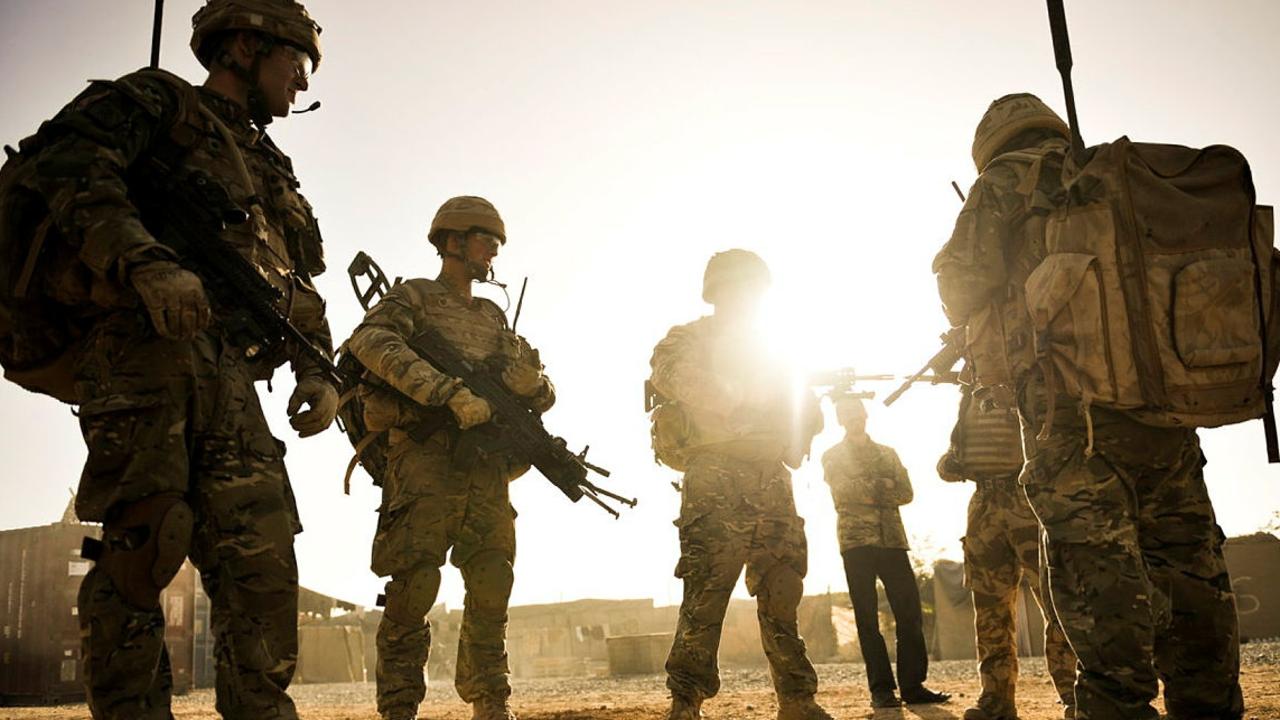
Last week the Australian Defence Force chief General Angus Campbell made the extraordinary revelation US forces had warned in 2021 it may have to suspend co-operation with Australian Special Forces after the 2020 Brereton report found “credible” evidence to implicate 25 current or former soldiers of 39 unlawful killings.
It is not known whether the fabled British SAS, who like Australia’s own version have long operated in the shadows free from public scrutiny, will receive a similar missive when their review is concluded.
The fact the British government has now appointed a senior serving judge to lead the inquiry into the actions of its SAS troops in Afghanistan, speaks to the seriousness of the allegations being made.
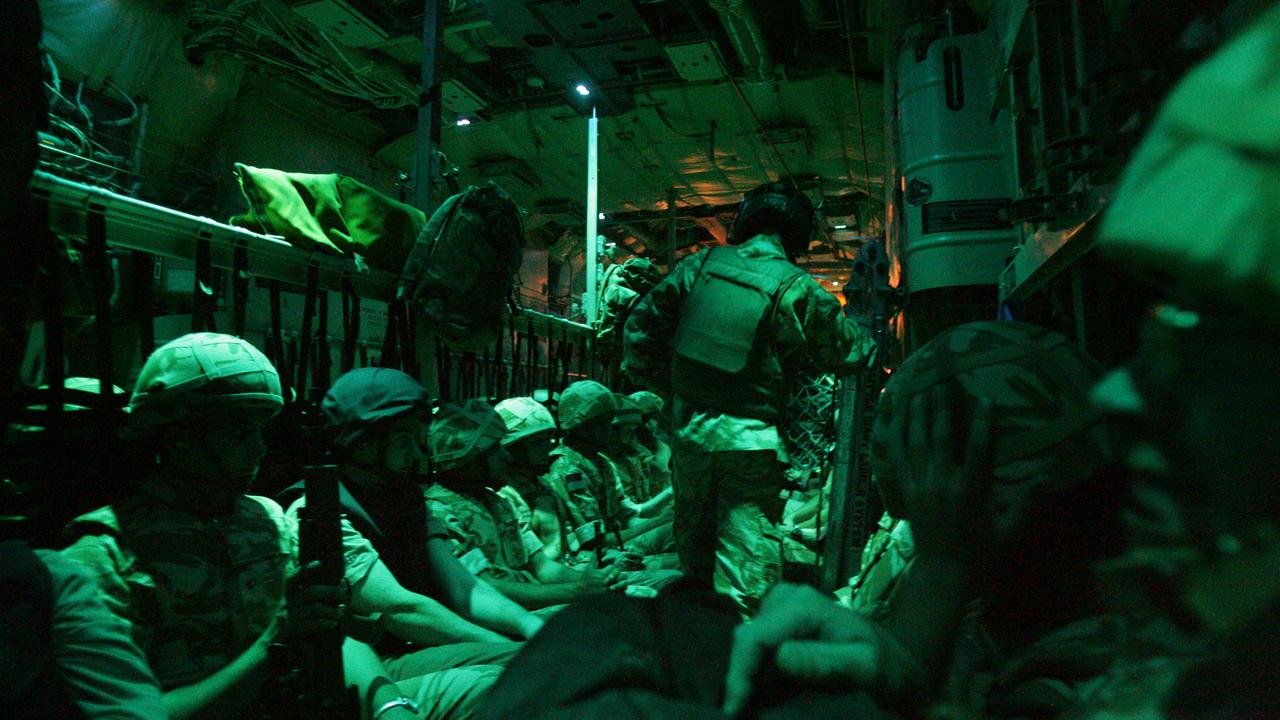
Historically these complex lengthy inquiries in the UK are mostly chaired by retired judicial figures such as recently for the Grenfell Tower fire tragedy and the UK’s probe into its handling of its Covid-19 pandemic response.
But for this one – benignly titled The Independent Inquiry Relating to Afghanistan – the British government pulled 66-year-old Lord Justice Sir Charles Haddon-Cave from his dual roles as an appeals court judge and the person tasked with deployment and pastoral responsibilities for judges throughout England and Wales.
That is no insignificant move but such a probe has been a long time coming.
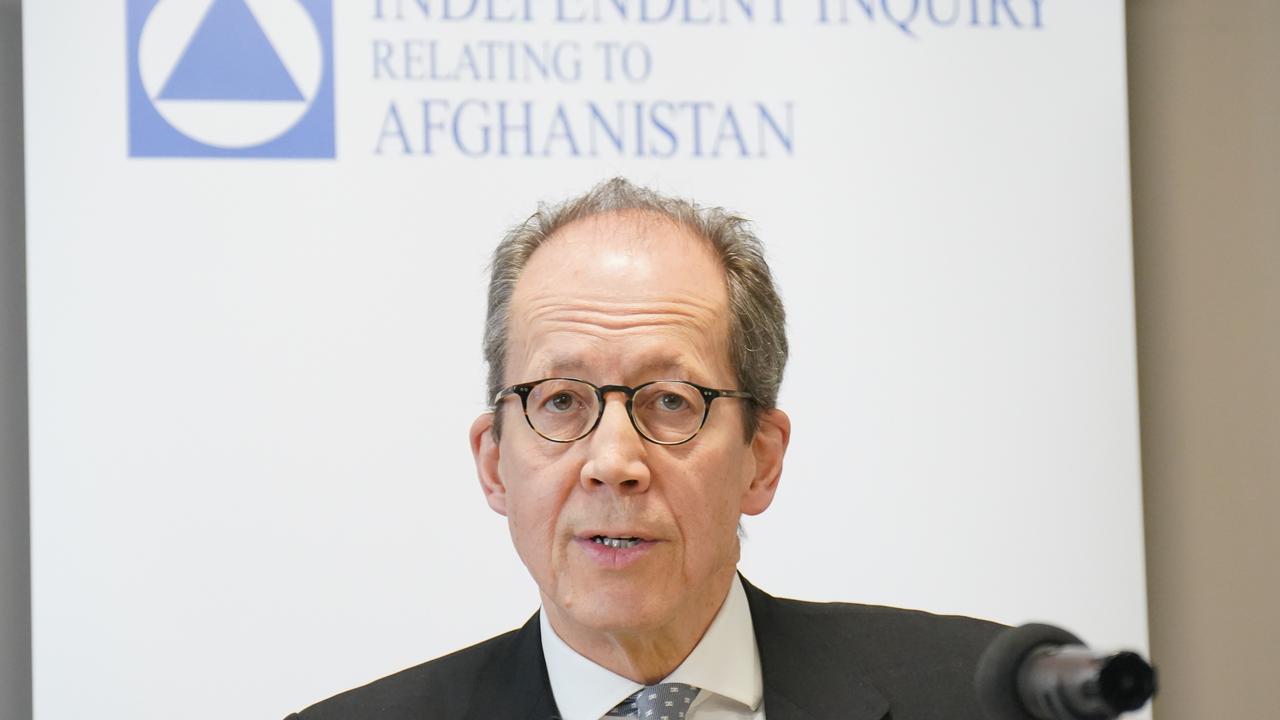
The Haddon-Cave inquiry will investigate SAS operations between 2010 and 2013 including alleged SAS hit squads and whether the UK military adequately investigated the allegations of unlawful killings of civilians when they were first raised. It was launched after a BBC documentary and formal legal challenges by eight Afghan families over the deaths of loved ones.
“It is clearly important that anyone who has broken the law is referred to the relevant authorities for investigation,” Sir Charles said in March this year when the probe formally began.
“Equally, those who have done nothing wrong should rightly have the cloud of suspicion lifted from them. This is critical, both for the reputation of the armed forces and the country.”
One of those taking legal action is the Uzbakzai family.
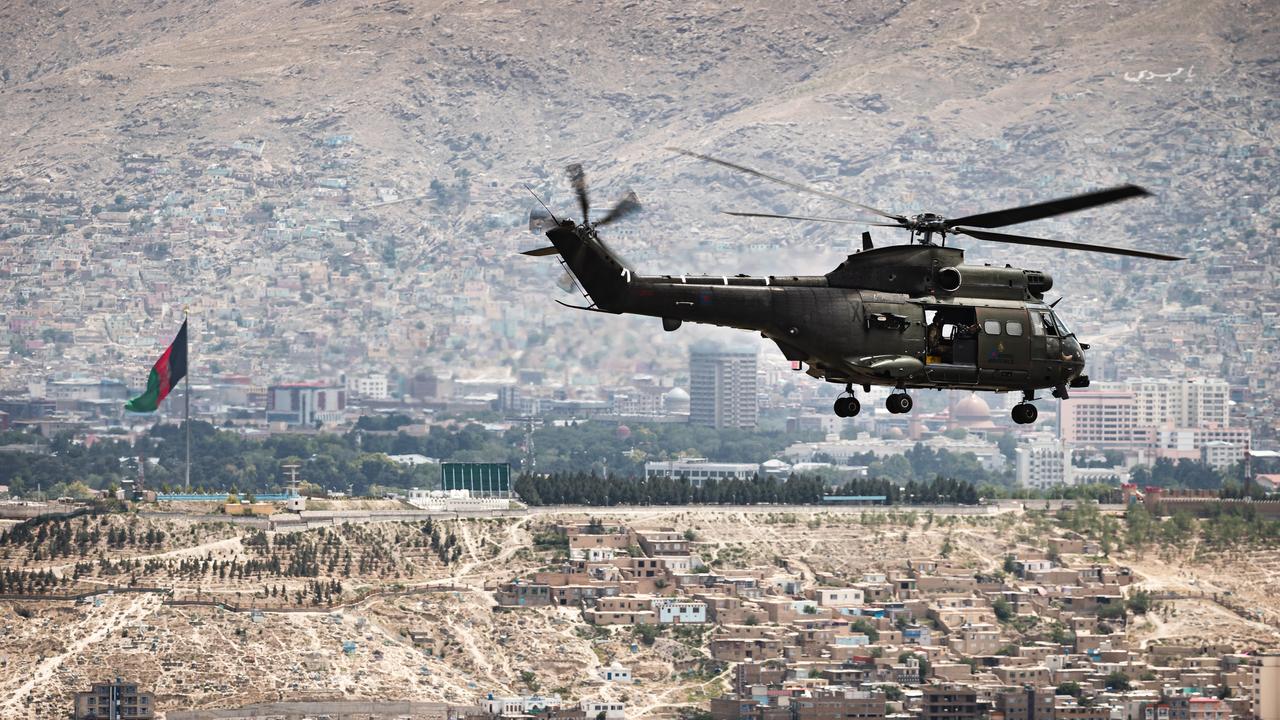
According to their account, there was nothing too out of the ordinary on that August 6, 2012 day other than two Afghan male strangers arrived in the village and as is custom, they were given food. They were never seen before, they left around 10pm and were never seen again. It was Ramadan and the fasting broke for meals. Abdul told his son Hussain to close the family’s local grocery store early and come for late supper which he did.
Unbeknown to the Uzbakzai family, a “kill/capture” order had been handed to British Special Forces earlier that day and an SAS squad descended in helicopters about 3am the next morning and landed outside their village of Shesh Aba in the Nimruz Province.
The troops stormed the compound, there were shots fired, Aziz was held to the ground and blindfolded and asked about the two strangers in the village earlier. They also raided the house of a widower next door.
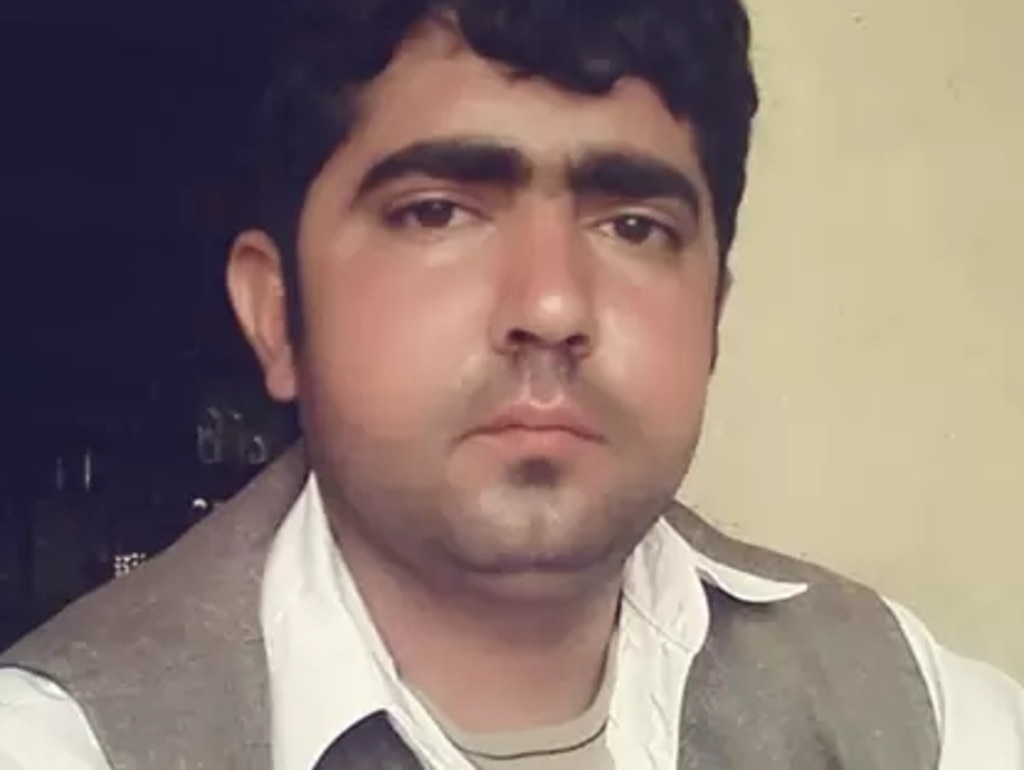
When the troops left, a bloodbath remained. Both Hussain and his wife Ruqqia lay dead, both had been shot in the head. There was no suggestion they were armed or even woke from their beds when they were killed. Next door two of the widower’s sons, aged 26 and 28, were also shot dead in the head. Hussain’s two boys Imran, 3, and one-year-old Bilal were missing and initially presumed dead but had been flown out by the SAS troops both with bullet wounds to their face and stomach. They both survived and now live back in the compound where their parents were killed, raised by their grandfather Abdul Aziz.
Under British law, any action deemed a possible unlawful killing or grievous bodily harm has to be reported by commanders to military police for investigation. A referral was never made with an internal Serious Incident Review (SIR), that was passed to many in the chain of command, deeming it not necessary as there was “no criminal offence” and lethal force was justified.
Sir Charles is now looking at the extent the SIR process was used in Afghanistan as a tool to prevent scrutiny. Several military staff have since come forward to say the SIR kept bad events in-house.
The Military Police did attempt to investigate the Shesh Aba raid in 2014 but by 2019 the probe closed with no finding but police claims there had been obstructions to evidence gathering.
Like the ongoing Australian Office of Special Investigator inquiry into alleged war crimes exposed by Brereton report, there is a huge challenge Sir Charles is facing that of the one-time foe the Taliban now being Afghanistan’s ruling government.
More Coverage
Originally published as British SAS killings in Afghanistan under investigation




